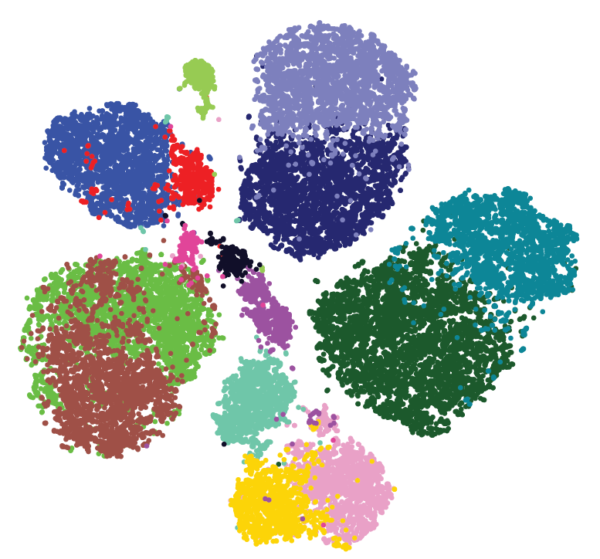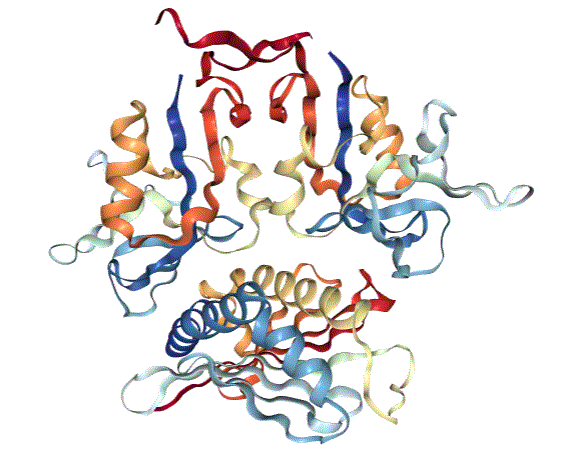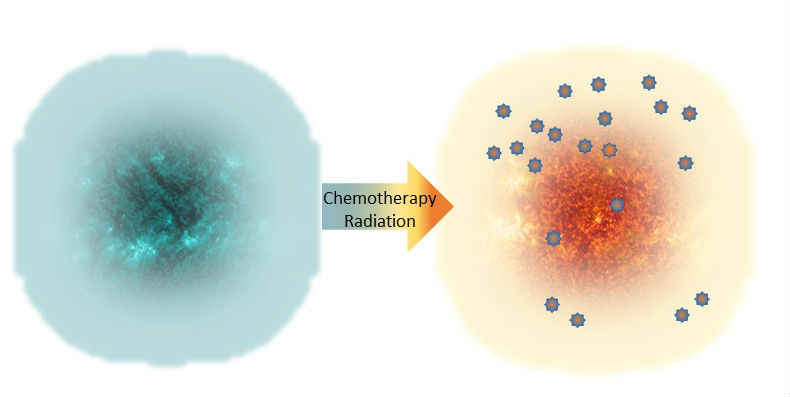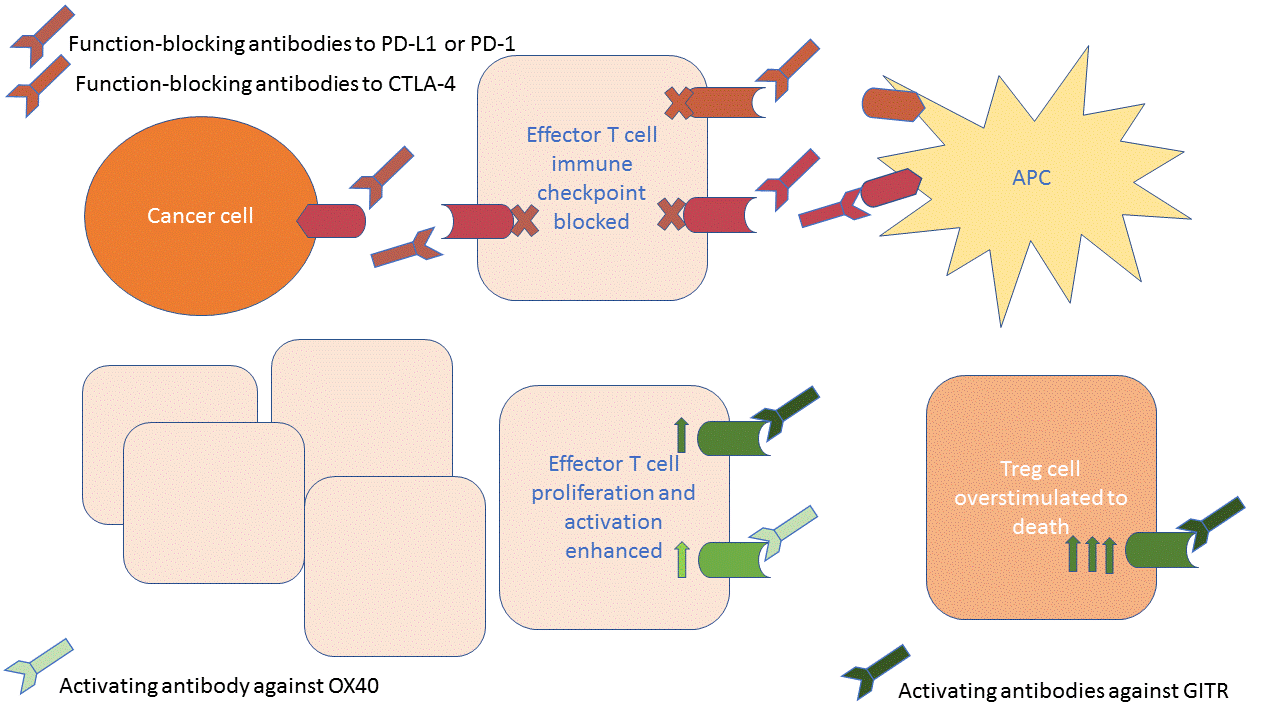Single-Cell Proteomics Shines Light on the Complexity of Immune Cells in Solid Tumors
A Proteomic Approach to the Tumor Microenvironment An outstanding issue in treating solid cancers is understanding the complexity of this pathological tissue. Solid tumors are comprised not only of the cancer cells, but they also contain immune cells, cells that form blood vessels and lymphatic vessels, fibroblasts, and the stem cells that form the fibroblasts … Read more





